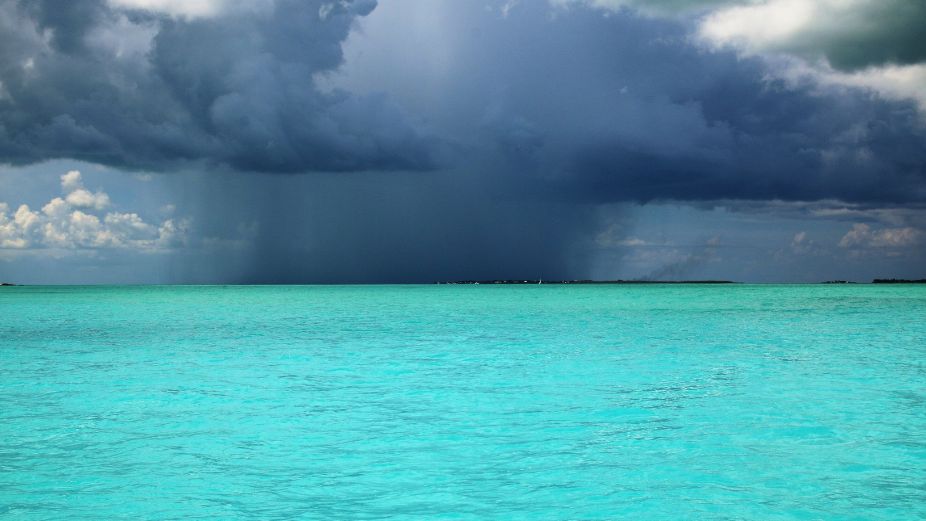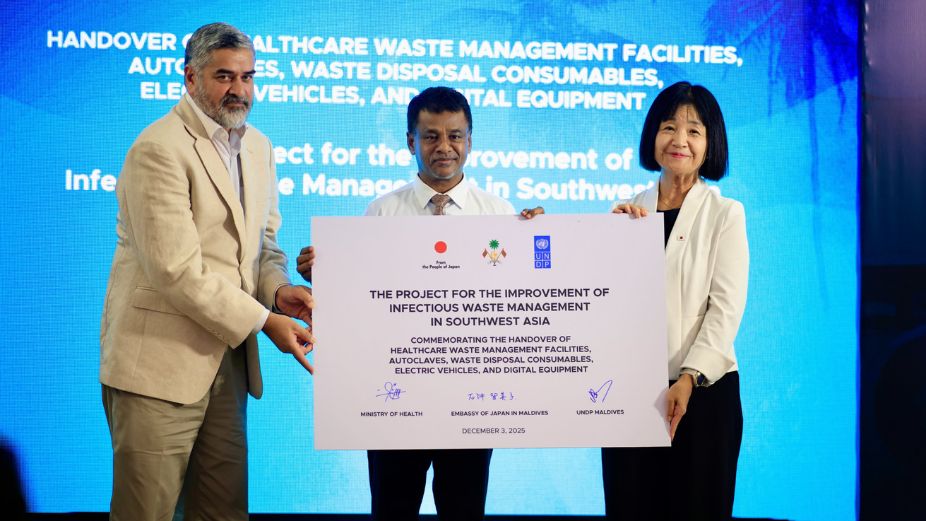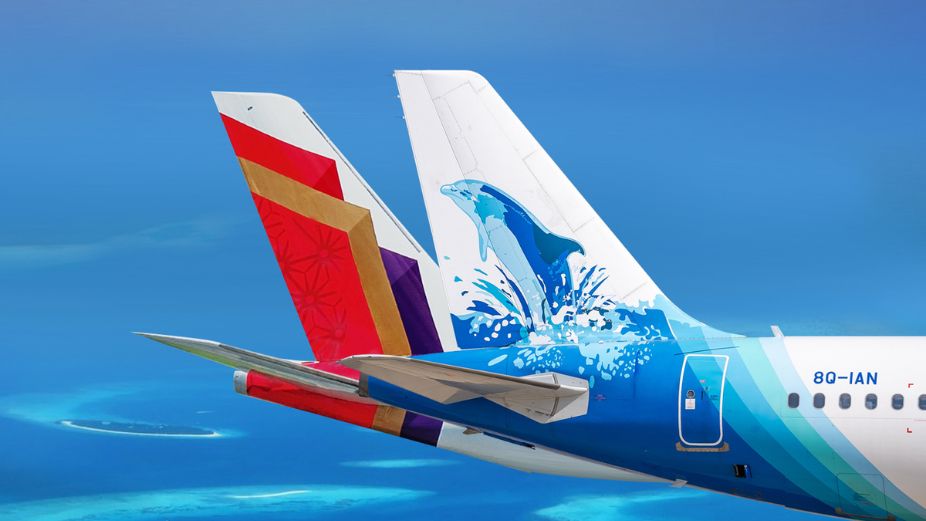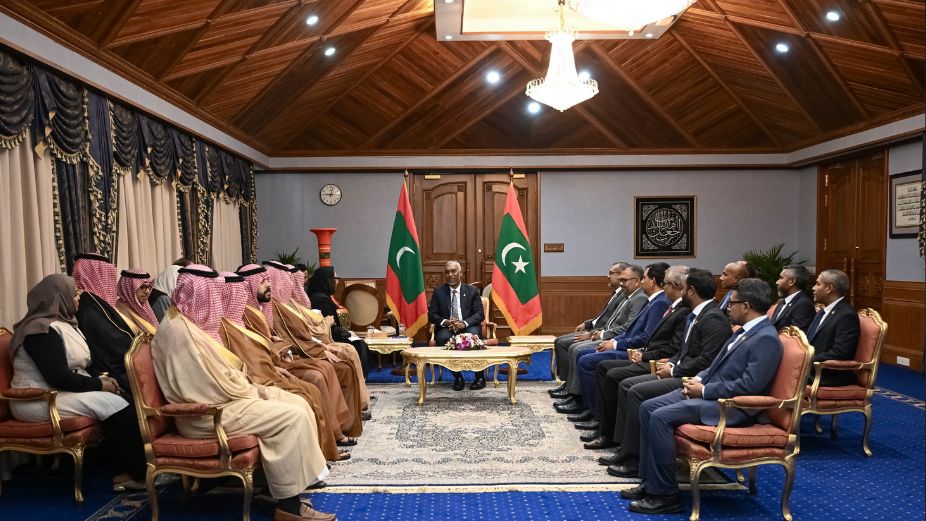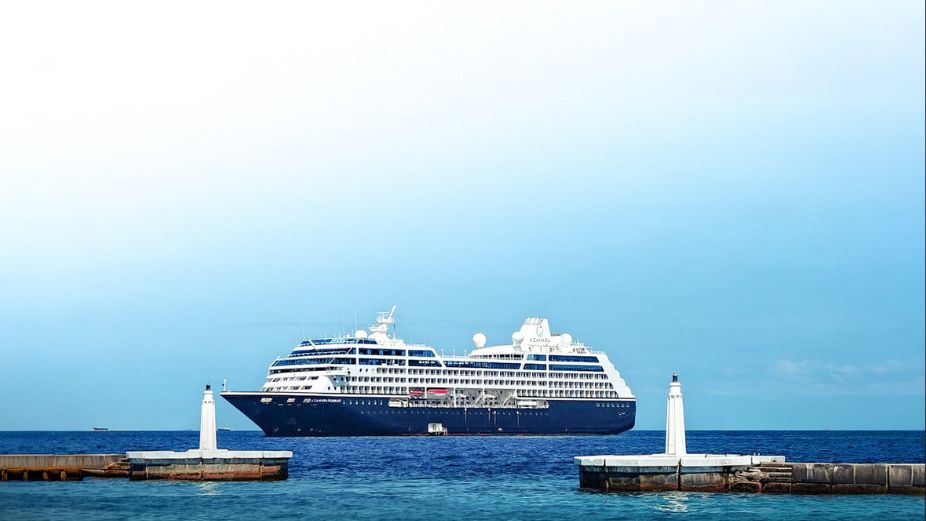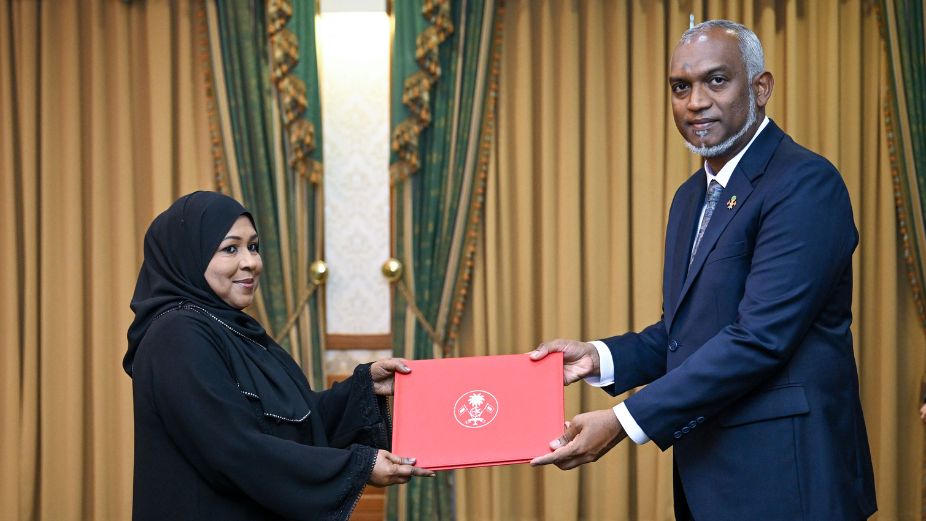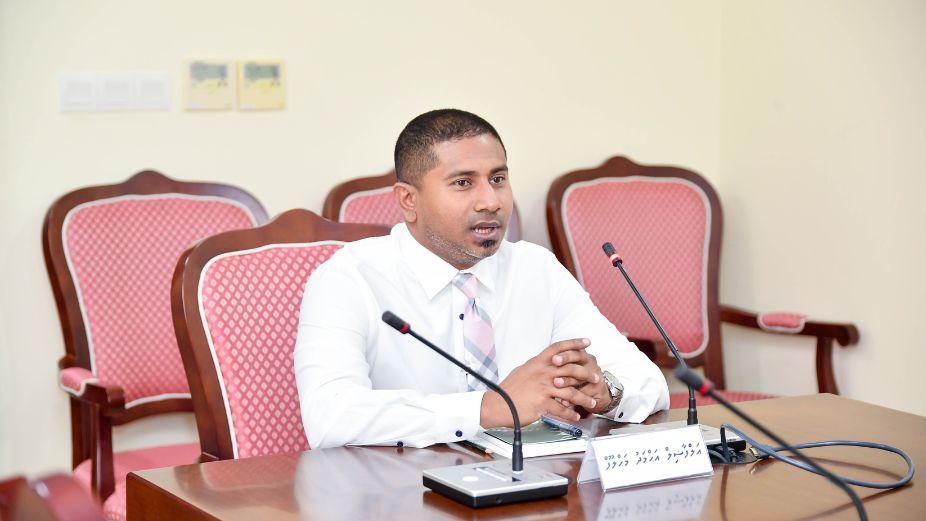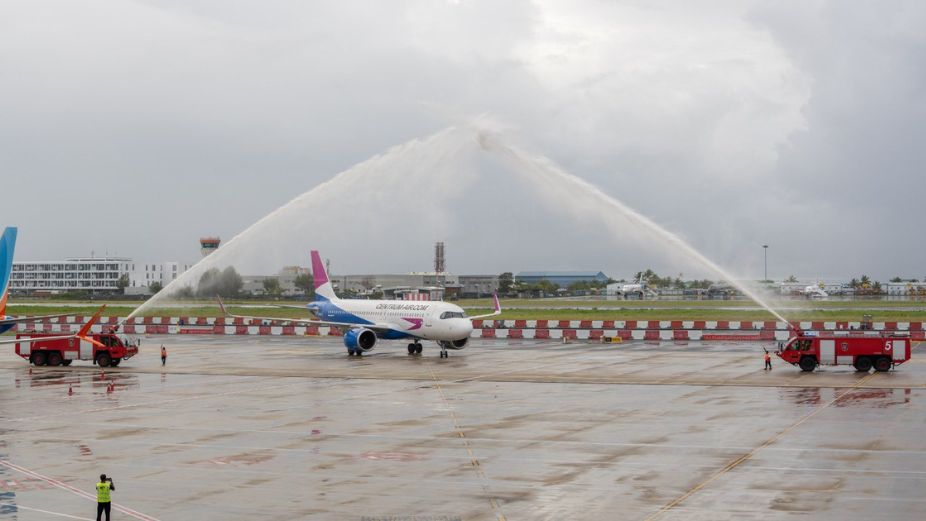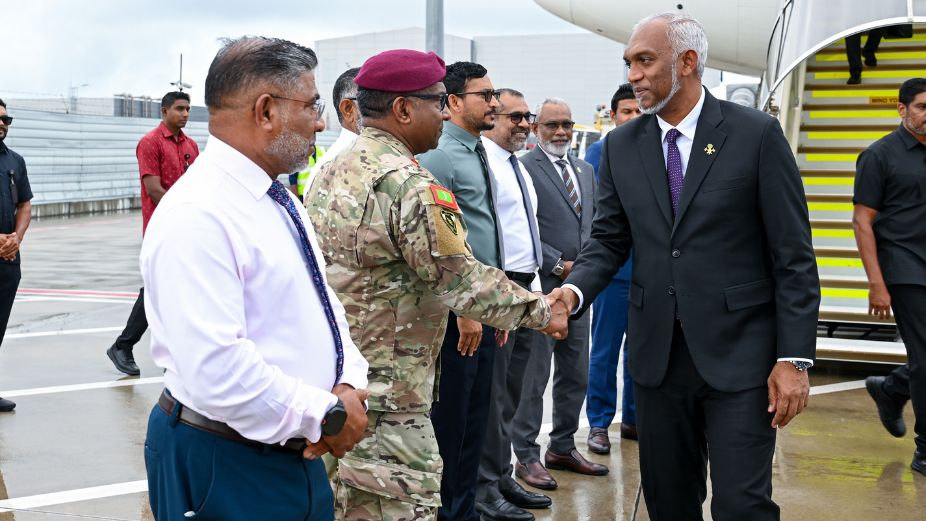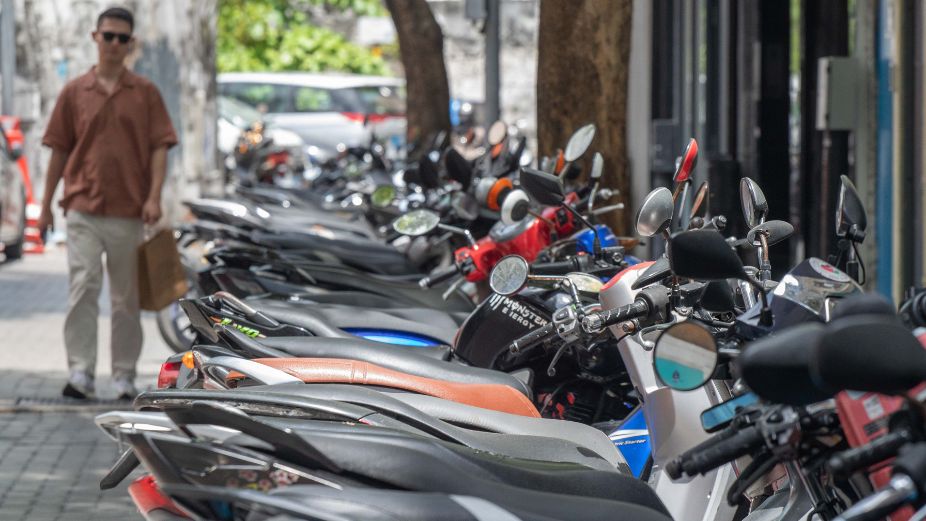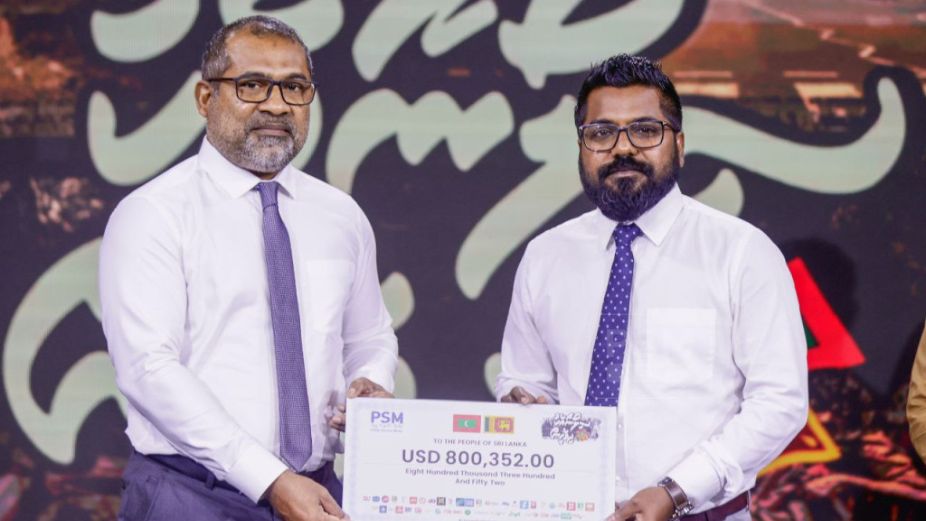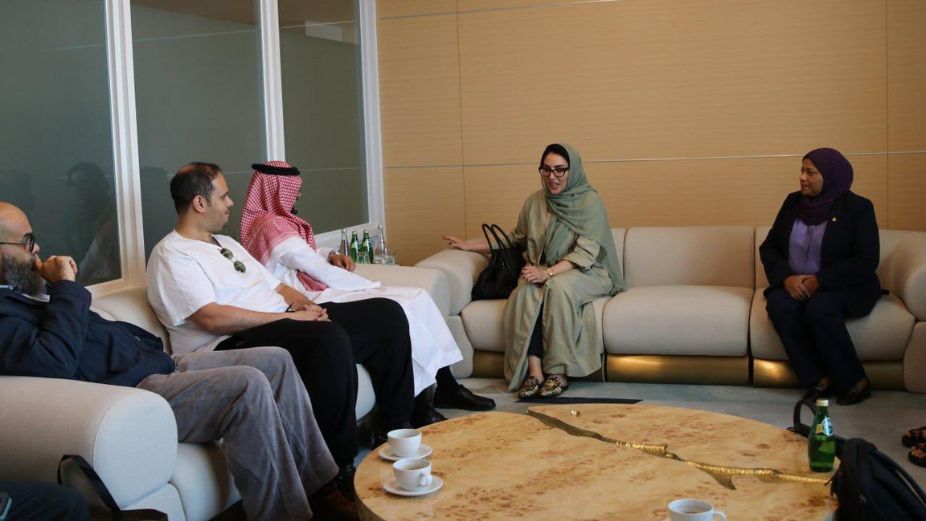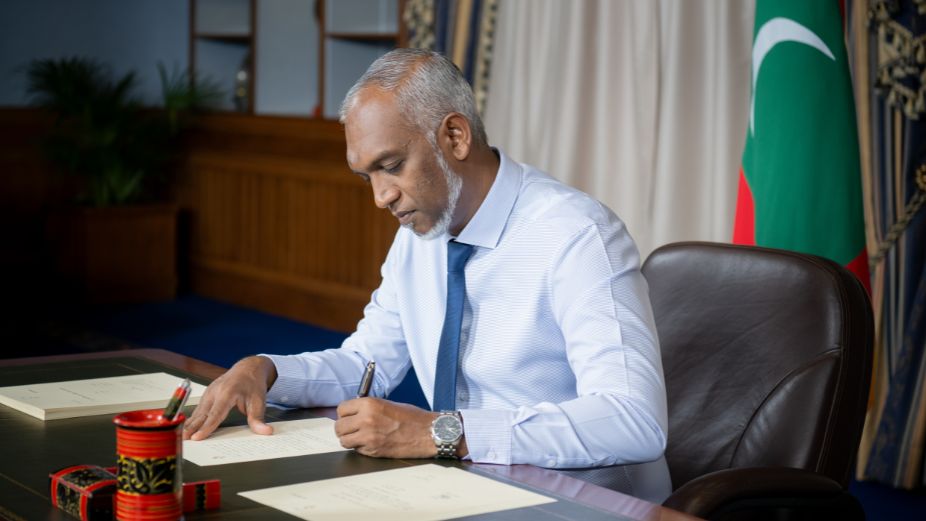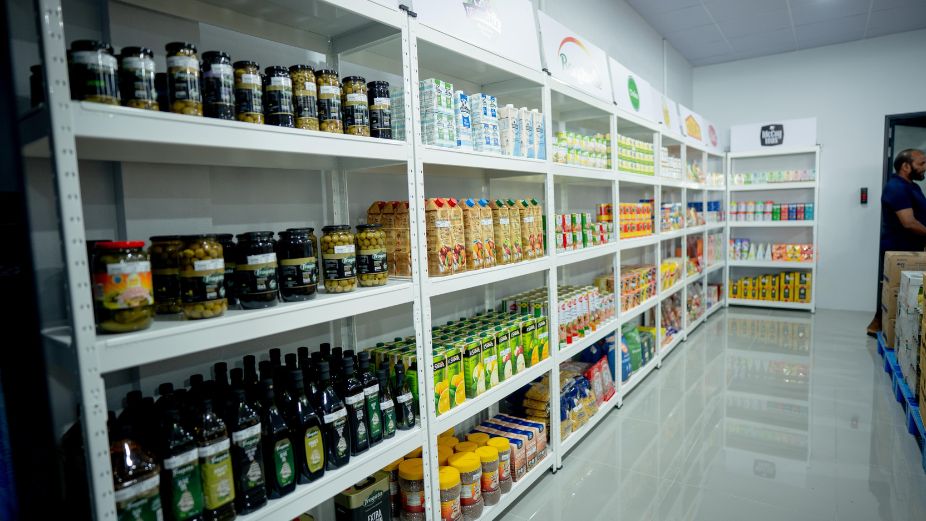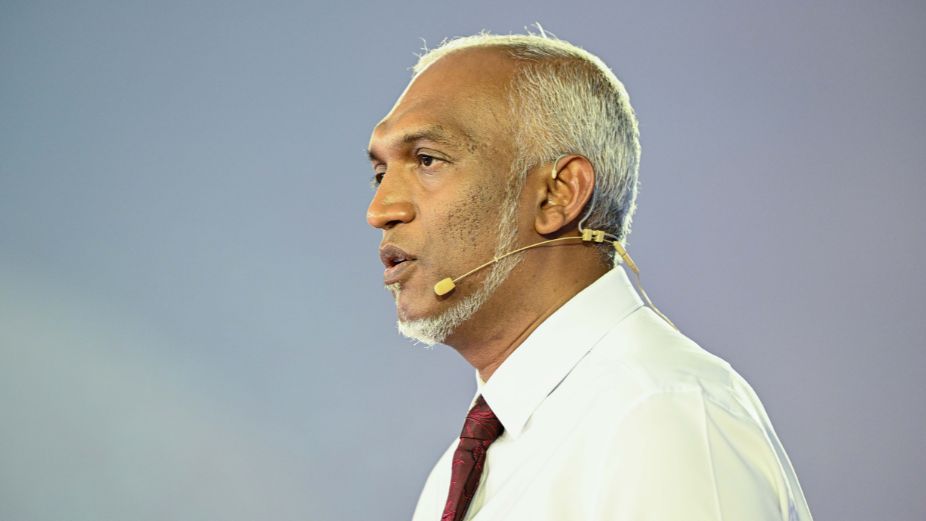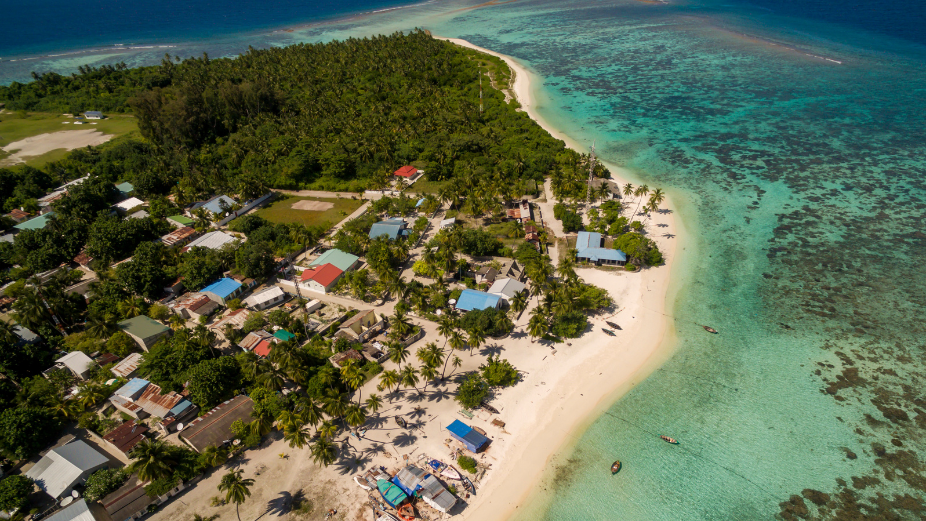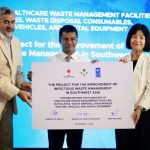The Maldivian Democratic Party enters the final stretch of 2025 arguably in a weaker position than at any point since the restoration of multiparty politics. The ruling party controls a supermajority in parliament. Key laws have been rewritten to consolidate presidential authority. Media and civic space face tighter restrictions. Local councils complain of losing power and influence. In almost every arena where checks and balances are supposed to operate, the ruling party has the numbers and the momentum.
MDP does not.
The resignation of Fayyaz Ismail as party chairperson reflected that reality rather than reversing it. MDP lost the presidency under his leadership. It then lost the parliamentary election with an even wider margin. Internal disputes continued throughout, with repeated breakdowns in party’s national council sessions and public disagreements between senior figures. When Fayyaz stepped down, it was less a surprise than a recognition of a situation that had already deteriorated. What his departure changes is not the past, but the structural space it leaves behind. The party now has a chance to reorganise itself without defending a leadership that many members openly questioned.
The upcoming election for chairperson sits inside that vacuum. South Galolhu MP Meekail Ahmed Nasym is the only person who has declared his candidacy so far, although more names are expected to enter the contest. The choice MDP faces is not between individuals but between two models of opposition. One model tries to revive the party’s old playbook. The other accepts that the political environment has changed and requires new ideas, new structures and new messaging.
The old playbook was built for a different era. It worked against President Maumoon, and President Yameen, when democratic backsliding was visible and repression was direct. Calls for transparency and rights spoke to a public that felt excluded from decision making and anxious about political control. Today, the centre of gravity is different. Voters still care about institutions, but they also care about rent, medicine, food prices, council services and the sense that everyday life is becoming harder to manage.
Government consolidation is happening in the background of these economic pressures. New constitutional rules limit the mobility of MPs. Development planning authority has moved closer to the presidency. The media environment is tighter. Public institutions are more centralised. These changes affect how communities experience governance, but the effects are often indirect. The challenge for MDP is to connect these structural shifts to the concerns people feel at home, at work and in their island communities.
At the moment, that connection is thin. MDP’s parliamentary voice is small and often overshadowed. The party still issues statements about procurement decisions, legal controversies and democratic norms, but these messages do not consistently translate into the language of daily life. A supermajority cannot be pressured through parliamentary manoeuvres. It can only be pressured through public expectations, and those expectations must be shaped through long-term engagement.
This is where the party’s next chapter begins. If the leadership contest becomes another round of internal rivalry, the structural weakness will remain. If instead the party uses this moment to rebuild its organisation from the ground up, it can begin to reposition itself as a relevant counterweight in a political system that is drifting toward concentrated authority.
Rebuilding requires several shifts.
First, MDP must operate as a minority party. That means investing in communities rather than relying on parliamentary spectacle. Councils, island organisations, youth groups and professional associations provide natural points of contact that can rebuild trust.
Second, the party must update its messaging. The principles of democracy still matter, but they have to be grounded in economic realities. Explaining how centralisation affects housing, healthcare and income is more effective than assuming voters will react to institutional change on its own.
Third, the party needs stronger internal cohesion. The years of factional competition have drained credibility and energy. A chairperson cannot solve that alone. But the party can redesign internal processes so that disagreements do not immediately become crises.
Fourth, MDP must cultivate younger leaders who reflect the political and economic concerns of today’s voters. The generation that did not live through 2008 or the Yameen years sees politics through a very different lens. Their voices could offer the renewal the party has struggled to produce.
None of this guarantees a quick recovery. The ruling party has every structural advantage, and the government shows no hesitation in using its numbers to shape institutions for the long term. But democracy depends on more than a cycle of elections. It depends on whether the opposition adapts fast enough to remain meaningful.
MDP has spent the past two years reacting. It now has a chance to recalibrate. The resignation of a chairperson does not fix the party’s problems, but it removes one barrier to renewal. The leadership contest ahead will reveal whether MDP intends to continue as a party defined by its past defeats or whether it will begin the slower, harder work of becoming a modern opposition that listens first, organises consistently and speaks to the realities of a country where political power and daily life are both changing rapidly.
If MDP chooses the second path, Maldives wins something it currently lacks: an opposition that functions.
If it chooses the first, the imbalance will widen, and the political future will be shaped almost entirely by one side.


